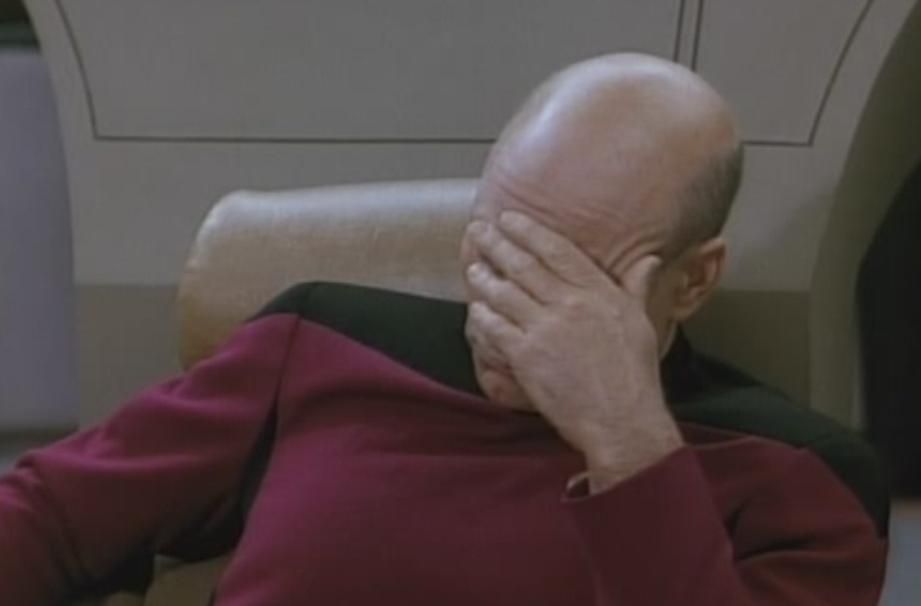Didn't we talk about this and you sorta agreed there was no direct tie to apostles?
As I recalled you were dismissive, feeling it was a slam dunk that the wiki statement regarding 4th century precluded any possibility of an Apostolic connection with the Saint James Liturgy. If that is all one is willing to read about and accept regarding that liturgy and how we got it and other liturgies; then yes, I would agree you cannot make a 4th century direct connection to an Apostle because they were long gone by then. And there we be no point in taking that further with you.
I do not agree and without looking back I believe I attempted to point out the wiki article "earliest date" does not mean this liturgy was not in use prior to the 4th century. It means simply the earliest doc that clearly cross references it is dated from that period.
IMO it would be impossible to have the degree of standardization across the board that they already exhibit in the 4th century without having a long history of liturgies and shared parent versions from prior centuries. Even the same wiki article alludes to there being evidence of earlier "forms" of this liturgy. Am pretty certain it was the same Bishop of Jerusalem, Saint Cyril, that is quoting from this liturgy to establish it's use when he was Bishp there, who also comments on the uniformity of liturgies throughout the empire. You do not just suddenly get that uniformity in the 4th century without a lot of effort to maintain it prior to then.
My understanding from reading both my links listed to Catholic encyclopedia and from a couple of EO sites clearly point to there having been an earlier first century version of Saint James liturgy at the Church in Jerusalem which was a common original parent for both the Saint James and the EO liturgies from the 4th century.
And while phrases and some sentences vary the formats are apparently all remarkably similar - meaning the part in the Mass where even today we invoke a request to Saints to pray for us would be a common part to all or at least most liturgies at all times and everywhere.
In the oldest Saint James version for which we have a copy (around 1000 years old) this request is to "martyrs". Never mind this same exact St James liturgy is apparently stilled used in some places today. What amazes me is that many do not seem impressed or marvel at all that a Church in those days would be so diligent to keep the order of Mass in an unchanged form for 700 years in the time period between this 4th century and when this oldest copy is made. It leaves me speechless. The effort it takes to keep a group of people in Churches today doing the same thing even week to week or month to month is crazy, never mind for centuries and we have technology to help us. They did this in the worst of conditions and times.
If the Church in Jerusalem kept that format for 700 years what should we think they were doing for the 300 years prior?
For me the obvious level of concern for maintaining the sanctity of the liturgy from the 4th century forward cannot be said to have begun then, especially given the apparent connections between this liturgy and some in use in the East.
And how could people studying these ancient liturgies see a common thread between this particular version and several EO versions, which as I recall those Churches trace their liturgies to the same Jerusalem Church but roughly 300 years earlier?
I mean unless we have proof all these claims are false and fabricated there must have been something there to make them say there is.
As for Apostles direct connection and our wanting proof today (as in what? copies signed by them?) I would think we probably have more documentation regarding liturgies from the early church than we do Bible manuscripts dating from the same period.
So yes, to me the fact we have;
- liturgies containing a request for intercessory prayer from a martyrs in a common form that at least some say has the same prayer section going back to the 1st century
- we have 1st century writers speaking of intercession on the part of Heavenly Host, (The Shepard)
- and certainly early 2nd and onward speaking of intercession by martyrs(who are Saints),
- and that we have no Apostles speaking against what would necessarily be a practice by many before they all left their ministry
is enough for me to conclude we have Apostolic Authority (direct connection)for teaching it.



